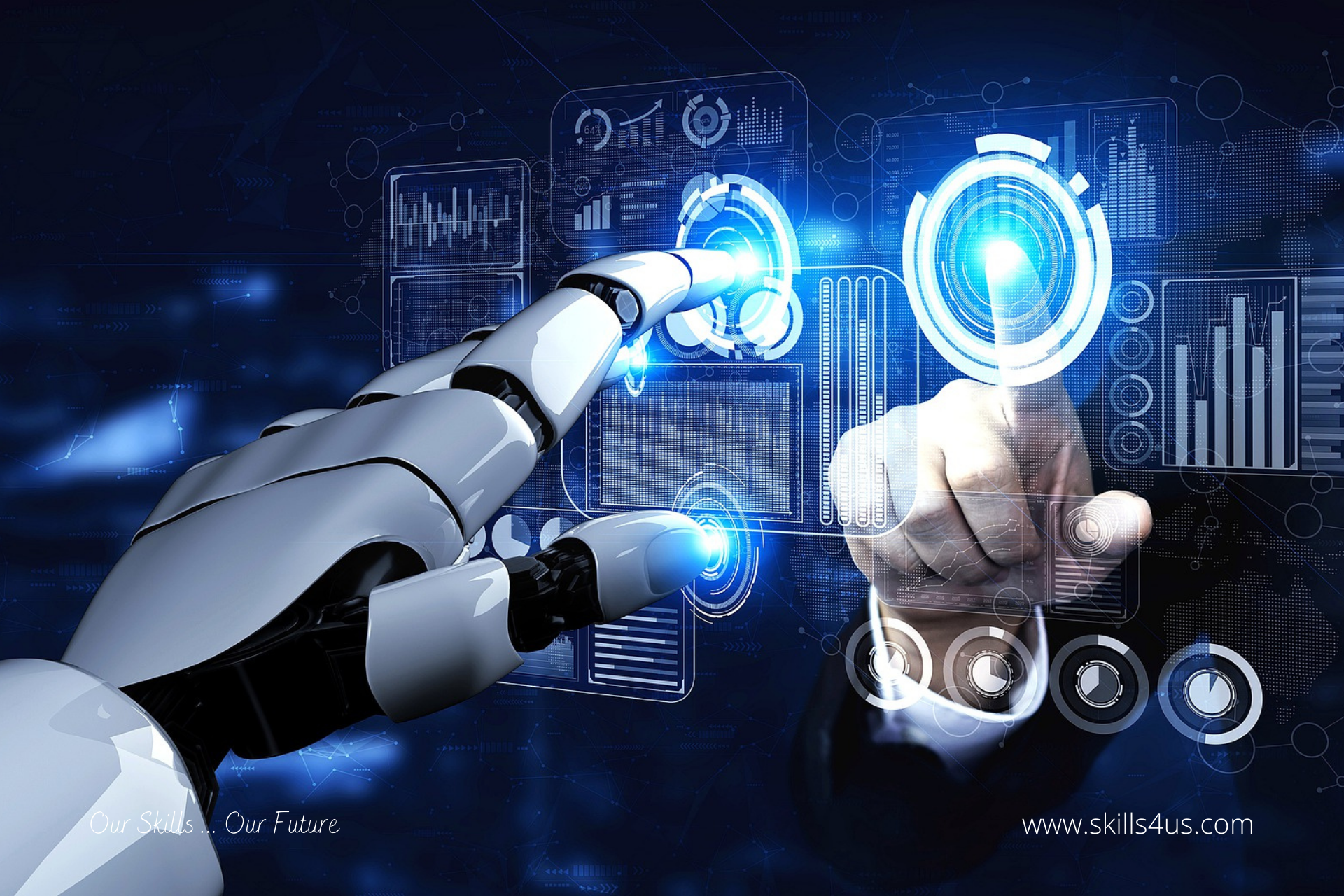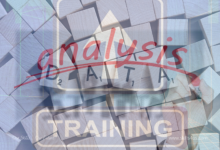
Applications of AI in HRM practices Improve Businesses
We live in an unprecedented period of history where, for the first time, we have real solutions to some of the biggest problems in business organizations concerning HRs. It is time for AI applications in HRM practices to take an influential role in providing the best and fastest solutions to their problems and challenges.
AI applications and techniques, robotics, and modern technological means are among the positive. And effective means that HRM can rely on to develop and re-engineer its operations. Because these technologies will contribute to the development of creativity and innovation in the functions and departments of HRM. It is considered one of the necessities and basics that create competitiveness and ensure continuity in achieving success.
Artificial Intelligence (AI) Creates a Better Future
AI applications in HRM can analyze, predict, and diagnose to help HR teams and professionals make decisions. So can incorporate it into recruitment, training, performance analysis, retention, etc. However, most organizations are still hesitant or lagging in integrating AI into their HRM practices due to the cost. Therefore, the AI application should be seen as an optimistic opportunity, as it promotes the growth and development of organizations. It also creates a better future if it is understood and used appropriately.
Intelligent Digital Forms
HRM needs to use scalable AI applications to connect business organizations with current and potential employees. For example, traditionally, organizations require new applicants to re-enter the same information across multiple steps in each hiring journey. This repetitive and tedious task can leave a wrong impression on them.
So, to alleviate some of the monotony, organizations are using AI applications to help candidates transfer information from their resumes to intelligent digital forms and complete their applications more efficiently.
Employee Referrals
Referring to employees is a great way to maintain talent diversity and bring new ideas to the organization. It is a recruitment method in which existing employees participate in the hiring process, enabling the organization to find the best-talented candidates for vacant jobs. It is an internal program that allows them to refer or recommend people from their acquaintances or friends to one of the vacancies in the organization.
Hence, when AI is also involved in this program, HR teams and professionals can better understand employee referrals. It can analyze performance data from previous referrals and identify similar candidates for talented and successful employees.
AI applications provide an opportunity to improve performance and free time to focus on more strategic and creative work. Rather than supervising each step in the new employee onboarding process. These steps can be intelligently automated, leaving HR teams and professionals to invest more of the time they need on more critical tasks like mentoring. And collecting feedback because they can gain many insights from all the data collected during the candidate’s life cycle. Organizations may need to use this data to improve employee engagement and retention.
Employee Participation
Measuring and analyzing employee morale periodically and continuously is essential to their participation. AI-powered chatbots empower employees and HR professionals to keep the interaction conversation going. Chatbots can also provide a natural, human-like communication tool that is always up and running that engages the user in personalized discussions. These conversations are then analyzed and leveraged to address the employee’s specific concerns, desires, and needs.
AI-powered chatbots allow HR professionals to understand emotions to address potential obstacles to action. And demonstrate the importance of their voice to employees, boosting engagement and reducing employee turnover.
Learning and Development
AI data and analytics will increase dramatically in organizations’ learning and development departments in the coming years. These departments expect to create flexible and adaptable educational programs that can meet employees’ individual needs. Must not limit learning and development to acquiring AI skills and digital prowess. It must also prepare employees for new roles requiring more human skills, such as analytical, strategic, critical thinking, cultural and social awareness, and emotional intelligence.
Therefore, learning and development departments in organizations will move to accelerated learning models to adapt to these changes. Because these models support individual learning versus providing large-scale solutions to the organization. Hence, the learning journey will personalize based on the job role, current skill sets, development plan, and future goals, and proactively address any skill gaps.
“Data First” Culture
Adopting AI applications in organizations helps them adopt a “Data First” culture and mentality that contributes to building the employee’s work experience. These applications give HR professionals resources, insights, and opinions backed by data collected directly from employees. It allows them to act and provide hands-on experience to the employee, which enhances engagement and reduces employee turnover.
It is important to emphasize that business leaders are keen to use AI applications to enhance effective communication with employees. Listen to their opinions and ideas, and understand and respond to their needs. Accordingly, it can match content and recommendations based on their relevance to individual employee needs. Hence the need to train leaders on the available chatbots supported by AI that provide them with additional support in their roles.
We must learn how to use AI applications wisely to our advantage. Because they are inevitable strategic applications that work to obtain greater efficiency. And new income opportunities and promote development and growth. With it, organizations can accomplish more tasks in less time and predict business outcomes to increase profitability and productivity and achieve competitive advantage.



